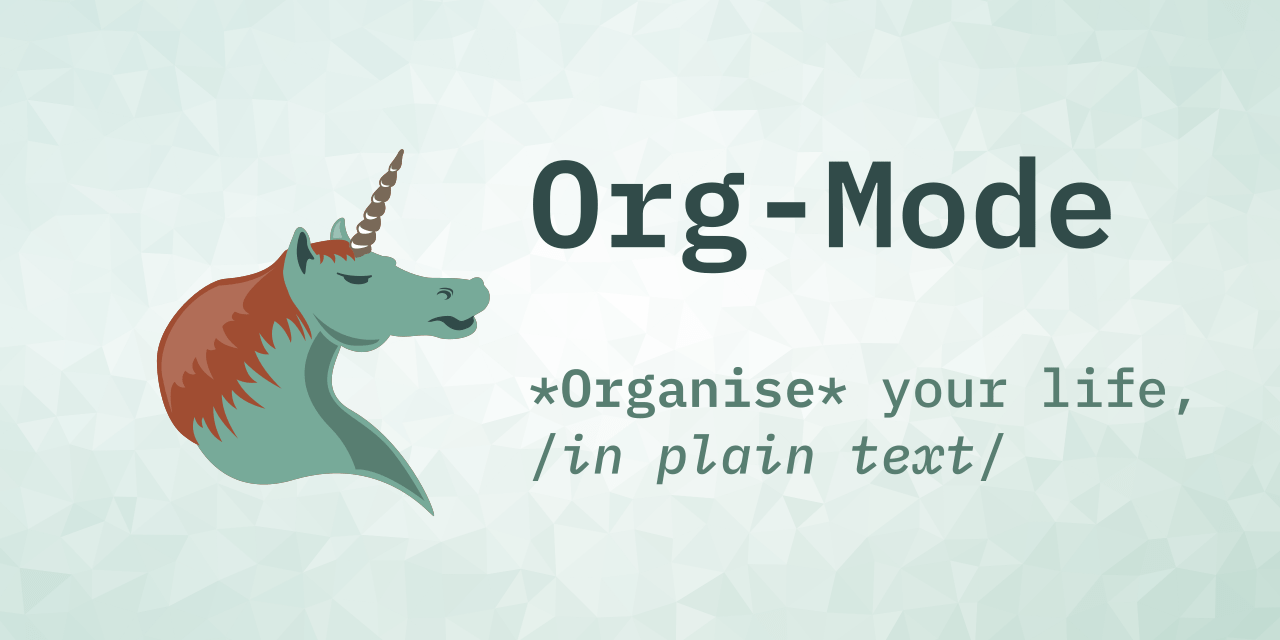Sounds to me like you just don’t want to think that hard, which is fine, I usually don’t either. Half of the time I just play Doom .wads
BG3 specifically: It’s D&D 5e, so… yeah It’s gonna be complex.
Complex systems more generally:
The best way to learn about any complex system is to bite tiny chunks out of it and ignore the rest, even if you know stuff is interconnected. You’ll never learn everything at once, so don’t try. Eventually you get bored with the little bubble you’ve carved out for yourself so you move over and learn about some other bit. You don’t even need to care about whether you’ll understand everything eventually.












Oh that’s absolutely why. If they dumped everything at once people would play what they wanted to play and drop the subscription. By doing this people come back.
If Nintendo doesn’t keep NSO as-is for their “Switch 2” people will be EXTREMELY pissed, but it’s Nintendo, they’re fine with that.